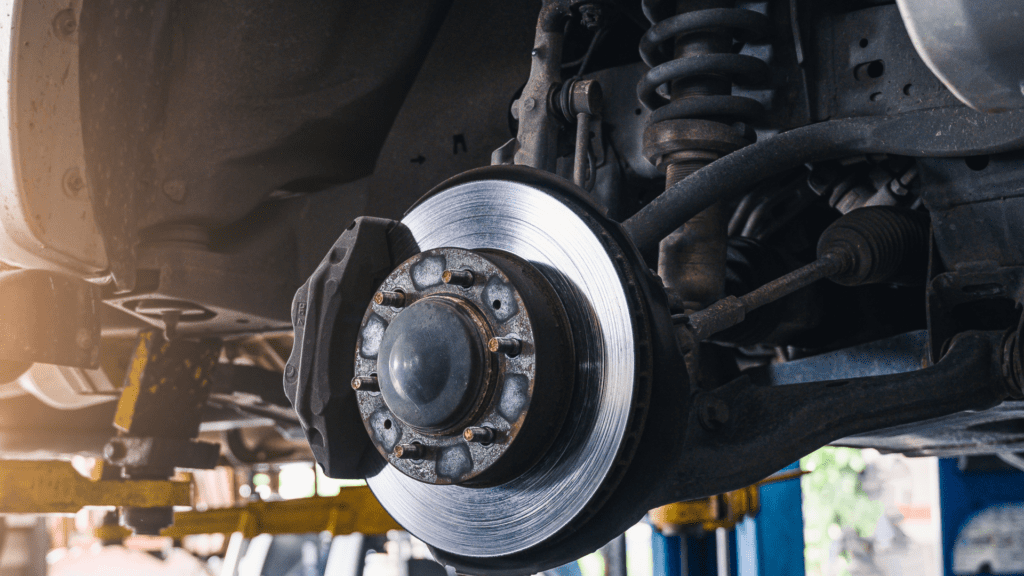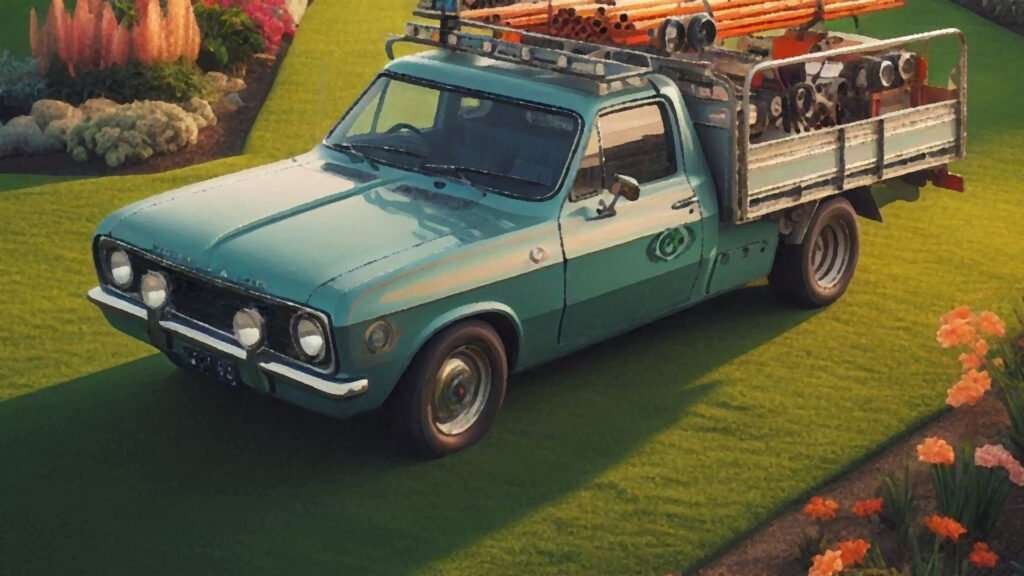What options do you have if your engine fails?

If your first car was a used car and you have a strong bond with it, and you aren’t concerned with impressing others, there’s no reason to trade in or sell your car too soon just because the engine needs to be replaced.
Is an engine replacement worth it, or should I buy a new or used car instead?

A reasonable quality 4 cylinder unleaded engine might typically last between 220,000 and 350,000 kilometres. It depends on how well you have cared for it, what maintenance has been performed, how frequently you drove it and the way you drove it. If you take good care of your car’s engine, it could last 15 to 23 years.
When replacing your engine, you will be presented with a few options, a short block engine, a long block or a custom block. A short block engine typically includes the engine block, crank, and pistons. A long block engine, on the other hand, usually comes with the engine block, crank, pistons, a cylinder head, a camshaft, and a valve train. Naturally, custom options will differ from one company to the next.
Because long blocks have more parts preinstalled, they should perform better and be more consistent than short blocks. Long blocks are also less likely to malfunction due to fitting errors.
Look for a long block engine that comes fully assembled with cylinder heads and all auxiliary components such as the timing belt, water pump, and front covers. Manifolds and alternators are not always required, but if they are, replacement parts will be more expensive.
It is possible to use pre-existing parts because they allow for faster installation and are already “tuned in” to the car’s engine management system. The warranty process is then simplified because only one warranty provider is responsible for all parts and labour. To ensure longevity and dependability, every part must be examined and, if necessary, replaced.
What is a remanufactured engine?
A remanufactured engine is completely disassembled, cleaned, and rebuilt to factory conditions and blueprint specifications; the finished product is considered brand new from the inside. To meet blueprint specifications, an engine must be modified to meet its original manufacturer’s design tolerances as well as any recently developed improved specifications that ensure the engine’s operational efficiency and effectiveness.
What is a reconditioned engine?
An engine is reconditioned by removing it from the vehicle, cleaning and inspecting it, and replacing worn or damaged parts with new, remanufactured or refurbished parts.
Eventually you will have to make a decision.

In the
end, I believe your budget will dictate the process, but whether you choose a
remanufactured or reconditioned engine from a reputable engine workshop, they
will have performed an extensive overhaul process to restore your old worn
engine to a condition that should allow it to be used for another full service
life.
While
still being of high quality, reconditioned engines are typically less expensive
than new or remanufactured engines. When purchasing a reconditioned engine,
make sure there is documentation and proof of compliance to prove what
standards were met.
In any
case, an engine replacement will be a significant event in your driving life,
and you should conduct extensive research and seek professional advice.
Below are
10 essential questions and answers to guide you when deciding between
replacing, overhauling, or rebuilding an engine:
What
Causes Engine Failures?
·
Cause: Engines can fail due to
overheating, wear and tear, or sudden auxiliary component malfunctions.
·
Effect: Regardless of the cause,
the result is always engine failure.
Why
Replace an Engine?
·
Reason: When an old engine fails,
replacing it seems simpler and cheaper.
·
Consideration: However, replacing
with a similar engine doesn’t guarantee the problem won’t recur.
Why
Rebuild an Engine?
·
Advantage: Rebuilding can be more
viable and economical than outright replacement.
·
Process: Rebuilding involves
disassembling, cleaning, inspecting, and replacing damaged parts.
When to
Rebuild?
·
Scenario: Consider rebuilding
when your engine has accumulated significant wear and tear.
·
Goal: Reassemble it with new or
refurbished parts for smoother performance.
What’s
the Difference between Overhaul and Rebuild?
·
Overhaul: Replaces affected parts
while keeping original components that haven’t worn out.
·
Rebuild: Starts from scratch,
replacing all necessary parts for a fresh assembly.
How Long
Does Rebuilding Take?
·
Timeframe: On average, rebuilding
an engine takes 3 to 4 days.
·
Quality: A rebuilt engine is
usually cheaper than a new one and performs smoothly.
What about
Engine Overheating?
·
Signs: Overheating often leads to
engine failure.
·
Head Gasket: Burning out of the
head gasket is an early indication of overheating.
What’s
the Role of the Cooling System?
·
Function: The cooling system
maintains the engine at optimal temperature during operation.
·
Failure: Improper functioning can
cause overheating and subsequent engine issues.
Which
Replacement Parts to Use?
·
Guideline: Use replacement parts that
comply with or are better than OEM standards.
·
Quality: Ensure high-quality
components for reliable performance.
Is
Rebuilding Worth It?
·
Longevity: A fully rebuilt engine
can last a long time.
·
Economy: While it takes more
time, the cost-effectiveness makes it a popular choice.
Remember,
each situation is unique, so weigh the costs, longevity, and performance
factors carefully before making your all important and probably expensive decision.








[…] https://www.glzwoodw.com/replace-engine-or-vehicle/ […]